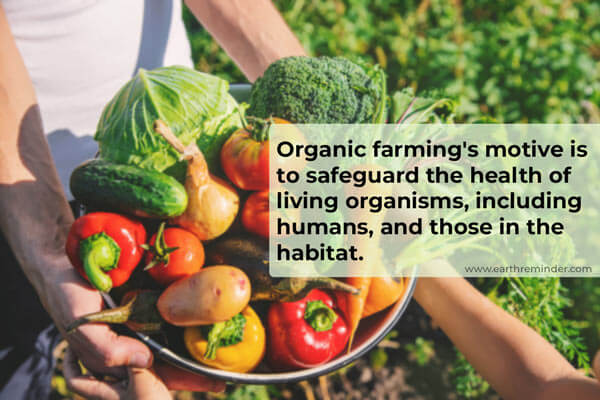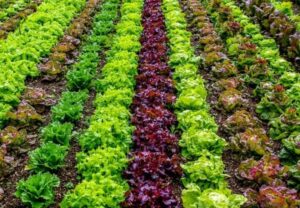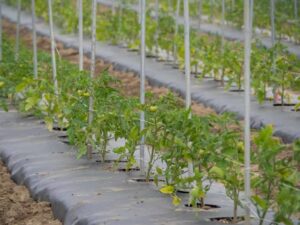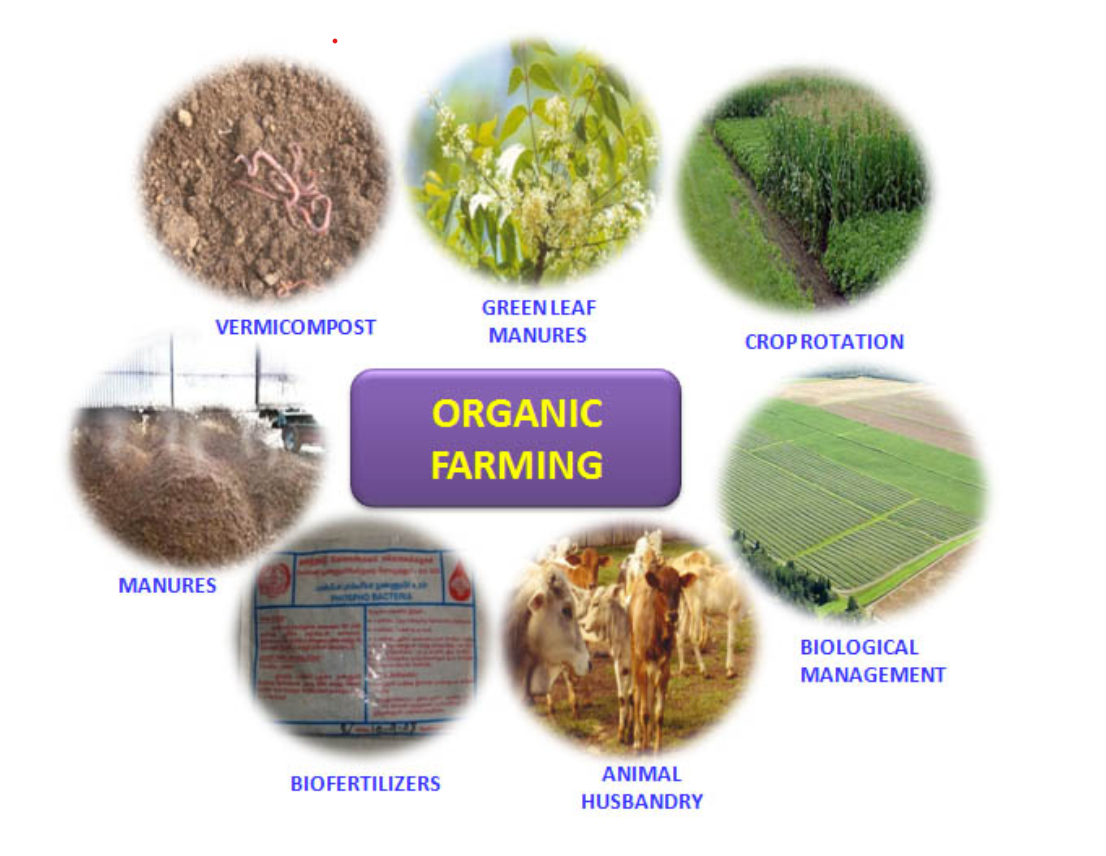
What Is Organic Farming?
First, let’s define what organic farming is. At its core, organic farming is an agricultural system that relies on natural inputs, such as ecologically based pest control and plant-based fertilizers. It focuses on sustainable land use, ensuring that soil quality is maintained to achieve environmental benefits, increase crop yields, and promote the overall health of the farm, its workers, and the end consumer.
Compared to traditional farming, organic farming eliminates nitrogen-based fertilizers from the food chain, enhances soil health, reduces water consumption, and recycles animal waste back into the production cycle.
Organic farming can be a rewarding and sustainable venture. It focuses on environmentally friendly practices and avoids synthetic chemicals and genetically modified organisms.
Getting Started with Organic Farming
1. Educate Yourself:
Learn about organic farming practices, principles, and techniques through online resources, books, and courses. Join local organic farming associations or forums to connect with experienced farmers and gain insights into the specific challenges and opportunities in your region.
2. Find Suitable Land:
Look for land with healthy, uncontaminated soil. Consider getting a soil test to assess its quality and nutrient content.
3. Plan Your Farm:
Develop a detailed farm plan, including crop layout, irrigation systems, and infrastructure like storage and composting facilities. Choose crops or livestock that are well-suited to your region and climate. Use crop rotation and diversity to maintain soil health and reduce pest and disease pressure.
4. Organic Certification:
Consider pursuing organic certification to access premium markets and gain consumer trust. This process involves adhering to organic standards and undergoing inspections.
5. Prepare the Soil:

Build healthy soil using organic practices like composting, mulching, and cover cropping. Avoid synthetic chemical fertilizers and pesticides.
6. Manage Crops:

Use organic pest and disease management techniques such as crop rotation, companion planting, and natural predators. Control weeds with methods like mulching, hand weeding, or mechanical weeders.
7. Set Up Irrigation:

Install an efficient irrigation system to ensure your crops receive the right amount of water. Drip irrigation or sprinkler systems can help conserve water.
8. Composting:
 Compost organic materials like kitchen scraps, crop residues, and animal manure to enrich the soil with nutrients and improve its structure.
Compost organic materials like kitchen scraps, crop residues, and animal manure to enrich the soil with nutrients and improve its structure.
9. Market Your Produce:

Identify local markets, organic stores, farmer’s markets, or direct-to-consumer sales to sell your organic produce. Build an online presence through social media and a website to reach a wider customer base.
10. Continuous Learning:
Stay updated with the latest developments in organic farming techniques and practices. Network with other organic farmers and attend workshops and conferences in your area.

11. Record Keeping:
 Maintain records of your farming practices, including inputs used, crop yields, and pest management. This information can be useful for both your farm’s success and potential certification.
Maintain records of your farming practices, including inputs used, crop yields, and pest management. This information can be useful for both your farm’s success and potential certification.
Starting an Organic Farming Business in India
1. Market Research and Planning:
Conduct thorough market research to identify the demand for organic products in your region. Create a detailed business plan outlining your goals, budget, and strategies for the organic farming business, including information about the crops or livestock you intend to produce.
2. Select a Suitable Location:

Choose a location with suitable soil and climate conditions for organic farming. Consider water availability and proximity to markets.
3. Land Acquisition and Soil Testing:

Acquire or lease land with fertile soil free from contamination. Conduct soil tests to understand its nutrient content and pH level, which will help you plan your crop selection and soil amendments.
4. Organic Certification:
Decide whether to pursue organic certification to enhance your product’s marketability. Ensure your farming practices align with organic standards and requirements.
5. Crop Selection and Planning:
Choose crops or livestock suited to your region and with good market demand. Consider crop rotation and diversification to maintain soil health and reduce risks.
6. Soil Preparation:

Prepare the soil using organic practices like composting, mulching, and adding organic matter. Avoid synthetic chemicals and pesticides.
7. Infrastructure and Equipment:
Invest in essential farming equipment like tractors, plows, and irrigation systems. Build necessary infrastructure such as storage facilities, greenhouses, and shade structures to protect your crops.
8. Water Management:

Implement efficient irrigation methods like drip irrigation or sprinkler systems to conserve water and provide adequate moisture to your crops.
9. Organic Farming Practices:
Follow organic farming practices, including organic pest and disease management techniques, weed control, and the use of natural fertilizers like compost and manure.
10. Market and Sales Strategy:
Develop a marketing strategy to sell your organic products. Identify local markets, organic stores, farmer’s markets, and direct-to-consumer sales channels. Establish an online presence through a website and social media.
11. Financial Management:
Keep track of your expenses, income, and overall financial health. Monitor your cash flow and budget effectively to ensure the sustainability of your business.
12. Legal and Regulatory Compliance:
Understand and comply with local, state, or national regulations related to organic farming, land use, and agricultural practices.
13. Continuous Learning and Improvement:
Stay updated with the latest developments in organic farming practices and technology. Continuously assess and improve your farming methods based on feedback and results.
14. Networking and Collaboration:
Build relationships with other organic farmers, agricultural organizations, and government agencies to access resources, knowledge, and support.
15. Patience and Persistence:
Understand that organic farming may take time to establish. Be patient and persistent in your efforts to build a successful organic farming business.
You may also further understand the benefits of Organic Farming by checking out this link
Starting an organic farming business anywhere in your region requires dedication, hard work, and a commitment to sustainable and environmentally friendly practices. Over time, as you build your reputation and customer base, your organic farm can become a profitable and fulfilling enterprise. One should Remember that patience and dedication are key aspects to start Organic farming. Similarly it also requires commitment, but the rewards are worth it.

